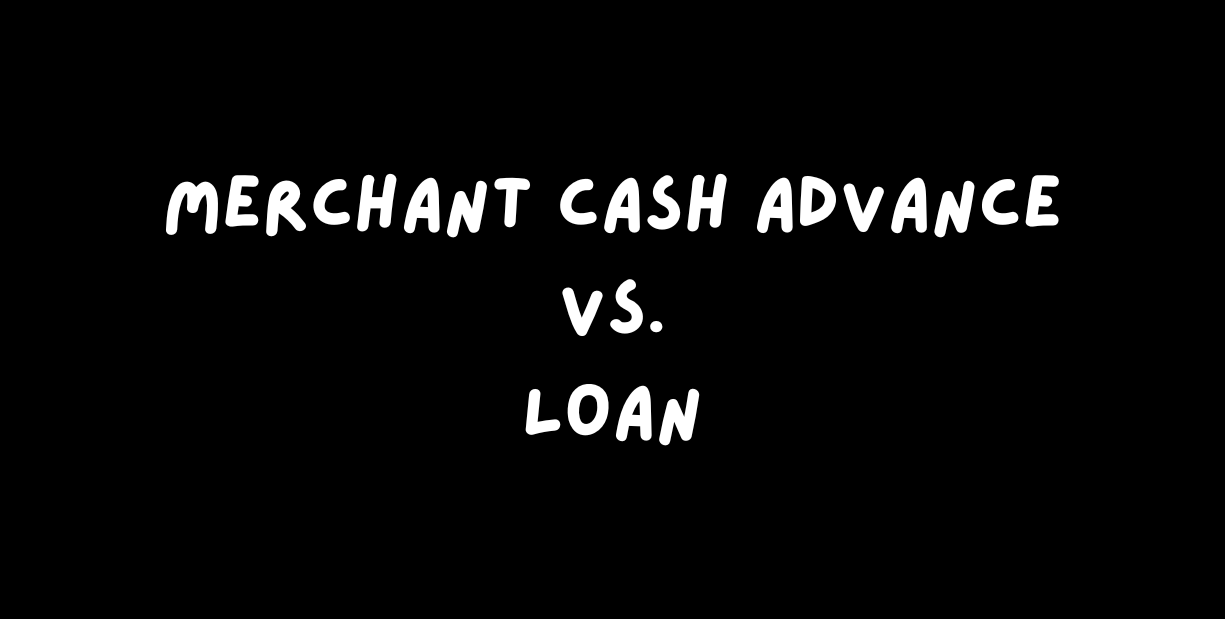Is a Merchant Cash Advance a Wise Choice for Your Business?
Is a Merchant Cash Advance Right for Your Business?

Understanding Merchant Cash Advances: Operation and Considerations
An MCA is a non-traditional business financing option, providing an upfront cash amount repaid through a portion of your business's debit and credit card sales, along with a fee. An MCA requires the company to sell a share of future sales to the advance provider, who then repays it through these sales, plus fees. The repayment can be a percentage of card sales or fixed withdrawals from a business bank account without standard repayment terms. Repayment periods can vary based on sales volume, affecting the pace of repayment. MCAs charge fees through a factor rate rather than a traditional interest rate, which can vary depending on the provider's assessment of your business's risk. Additional fees might increase the overall cost of financing.
MCA Calculator
Calculating the cost involves multiplying the advance amount by the factor rate. For instance, a $50,000 advance at a factor rate of 1.4 would result in a total repayment of $70,000, signifying $20,000 in fees. Understanding the total cost requires converting the factor rate and fees into an APR, illustrating the high cost of MCAs regardless of repayment speed.
Advantages and Drawbacks of Merchant Cash Advances
Pros include rapid funding, flexible eligibility criteria, and sales-based repayment schedules. However, the downsides are significant, including high costs compared to other loan types, daily or weekly repayments impacting cash flow, the potential for a debt cycle, no early repayment savings, complex contracts, and lack of federal regulation. Defaulting on an MCA carries severe consequences, often requiring a confession of judgment and limiting legal defense options.
Before considering an MCA, explore alternative financing solutions. Improving your credit score, using other collateral, or finding a cosigner can enhance loan approval chances. Online lenders offer small-business loans that may be more affordable and less risky than MCAs.
For instance, OnDeck provides online term loans with specific requirements and APRs, while Fundbox offers business lines of credit with different qualification criteria and repayment terms, offering a more cost-effective borrowing option. These alternatives suggest planning and exploring all available financing routes before resorting to a merchant cash advance.
Businesses can mitigate the high costs of MCAs through strategic financial planning, such as improving cash flow management, renegotiating existing debts, or exploring equity financing as an alternative. Additionally, understanding the legal and contractual aspects of MCAs thoroughly can help business owners make more informed decisions and possibly negotiate better terms. Financial education and consulting with financial advisors provide businesses with a broader perspective on financing options and long-term sustainability.











